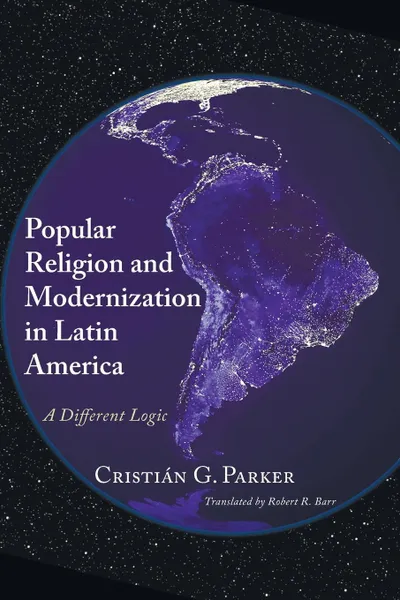Popular Religion and Modernization in Latin America 12+
Автор: Cristián G. Parker,
Robert R. SJ Barr
2015
302 страницы
Категория: Религия
ISBN: 9781498238199
Язык: Английский
📖 This landmark work constitutes a complete historical, sociological, and political view of religion as a cultural expression in Latin America. Parker shows how, beginning with the arrival of the conquistadors, religion has played a transcendent role in shaping the national cultures of the region, particularly its popular cultures, and continues to do so. Parker argues that while capitalistic modernization and urbanization do lead to secularization, this process is not linear or progressive. Secularization in Latin America does not destroy its religious fabric but rather transforms it, accentuating its pluralistic character.Christianity, and particularly Roman Catholicism, has influenced Latin American identity and culture most profoundly. But it has by no means been the sole influence, nor has Christianity itself remained unchanged in the process. As a product of history and capitalistic modernization, the trait of religion that emerges most clearly is that of cultural and religious pluralism.""Because of its sophisticated theoretical grounding, wide coverage of empirical data and nuance, this book ought to become a minor classic in sociology of religion.""--John A. Coleman, SJ, The Jesuit School of Theology""Superb. . . . Parker provides enormous amounts of statistical data and then masterfully analyzes their significance. . . . As an introduction to the past and present religious culture of Latin America I know of nothing more comprehensive or sophist...
Мнения
